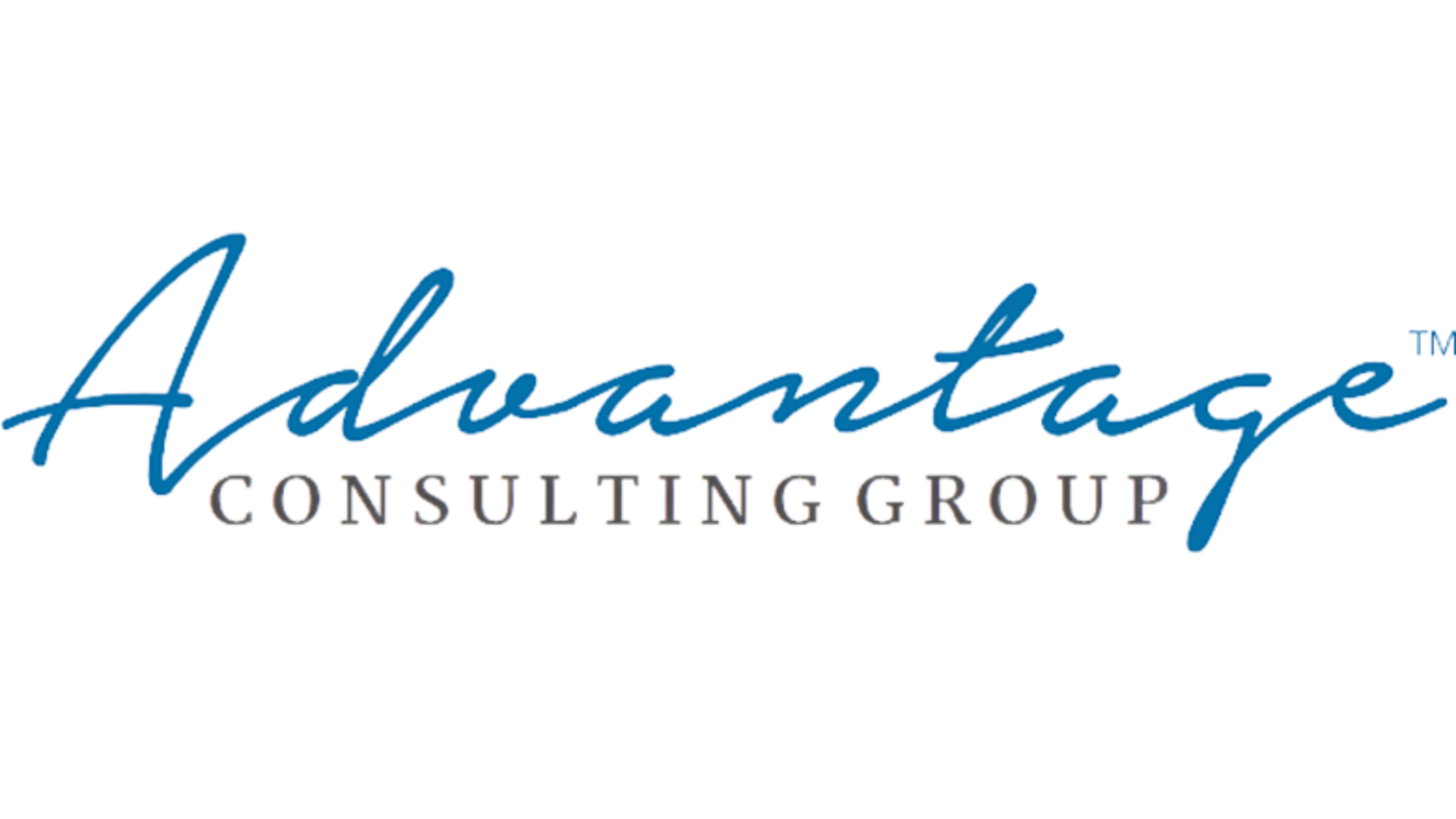Interviewing and the interview process, from the initial screen to the last sit-down with the hiring manager, can be the make-or-break a moment in the candidate's experience.
All your preparation and work up to this point could be for nothing if the interview doesn't go well.
The following are simple tips to improve interview skills and techniques, as well as the candidate's experience.
BE PREPARED
Prep on the candidate’s background and have questions ready to go when interviewing. Help prepare candidates for interviews with hiring managers. Not being prepared for an interview is a disservice to the candidate and the whole process. Too many recruiters are skimming the resume while walking into the interview. Research the candidates and write out questions in advance. Provide the candidate with as much information as possible [about the job] to determine if this really is the right match for them. I can't stress enough how important it is to understand the employer and really sell what it does—the job, benefits, and projects.
BUILD RAPPORT
Establish trust and a genuine connection to build the foundation of a good relationship. Strong rapport is the foundation of that relationship. If you haven't built rapport in the beginning, and you don't feel like you're able to connect conversationally, it doesn't give a good vibe for the energy of the company or yourself and does not reflect well on what the candidate's experience will be like going forward.
BE RESPECTFUL
Give candidates your undivided attention, put them at ease, and be transparent about the process. This is a candidate's market. You can bet that if you're late for an interview, they will go and report that on Glassdoor or Indeed. Don't throw curveballs to try to trick candidates or glean insight into their personalities with off-topic questions. The basic social etiquette must be practiced—sit up, show interest, make eye contact, and turn off your phone.
COMMUNICATE WELL AND OFTEN
The first touch point, the screening interview, should always be with the recruiter. Some hiring managers want to skip this step and go directly into their own interviews to save time, but this formative time spent with the recruiter is key. Be responsive and maintain a high level of communication with your candidates. Make sure the recruiter is very responsive and keeps you in the loop every step of the way.
REVIEW YOUR WORK
Subject your interview process to continuous self-improvement. You never want to become stagnant, and we are surely not interviewing the same way today as we did years ago. Ask your peers to shadow the calls and hear your questions to see if you’re missing anything or to see how you can change up your technique. Then return the favor and shadow them.
Sometimes, interviewers are more stressed out than interviewees, especially when they're unprepared. These tips will get you ready and help you represent your company in the best way possible while finding the best possible candidates.
We have recruiters that will learn about your workplace and culture, use our resources to find candidates, vet out the top contenders for your company, screen and interview, and send you the best candidate. Our team continually delivers the right employees.

